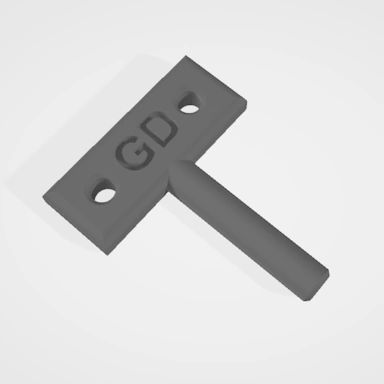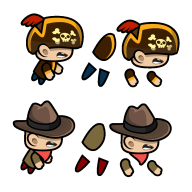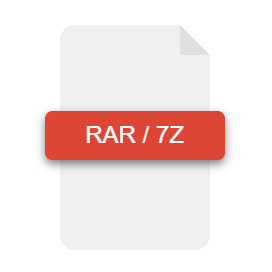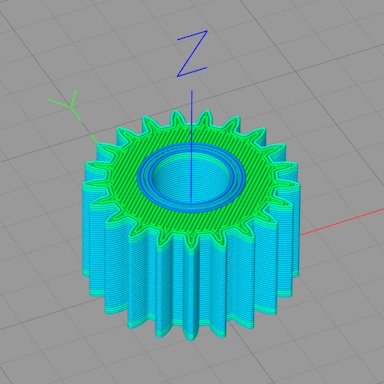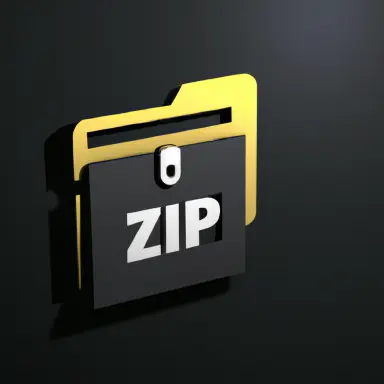| Extension | TIFF |
| Full Name | Tag Image File Format |
| Type | Image |
| Mime Type | image/tiff |
| Format | Binary |
| Opens With | Paint.Net |
A TIFF file is a raster image file format created by Aldus in the 1980s as a means to store high-quality images in a flexible format. This flexibility is emphasized by its ability to store images at varying color depths, from monochrome all the way up to full 24-bit color.
As well as being able to store image data at varying color depths, TIFF files can also store images in other formats, such as CMYK. Along with image data, it is also possible to store metadata, allowing information such as color space, dimensions, and other useful information to be stored.
As the image data is stored in an uncompressed format, TIFF files can become quite large, especially when dealing with full color RGB images at higher resolutions. Although TIFF files have become less common in recent years, many image editing programs still support them.
The STL, or Standard Triangle Language, file format has been around since the '80s and is supported by most modern 3D modeling applications. In particular, the STL format has become something of a standard format within the area of 3D printing, despite the rise of more modern formats such as 3MF.
STL files come in two flavors: binary or text format. The text format is human-readable, making it easy to perform manual edits, but can lead to very large file sizes. As you can imagine, the binary format is much more compact and represents the majority of the STL files you are likely to encounter.
The format itself is very simple; the 3D model is represented by a sequential list of triangles, with each triangle defined with 3 points consisting of their X, Y, and Z positions, along with an additional vector that contains the face normal (the direction the face is pointing). There is an additional attribute block for each triangle; however, this is largely unused and thus unsupported.




